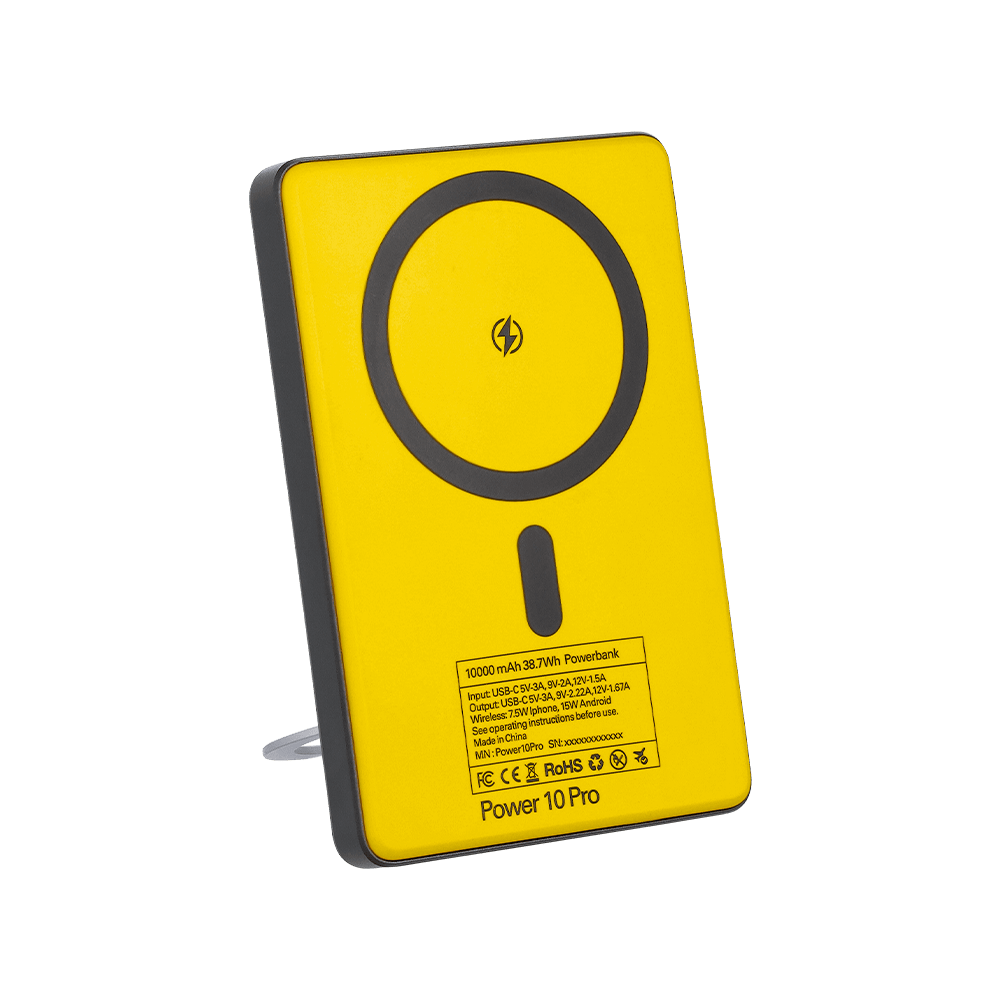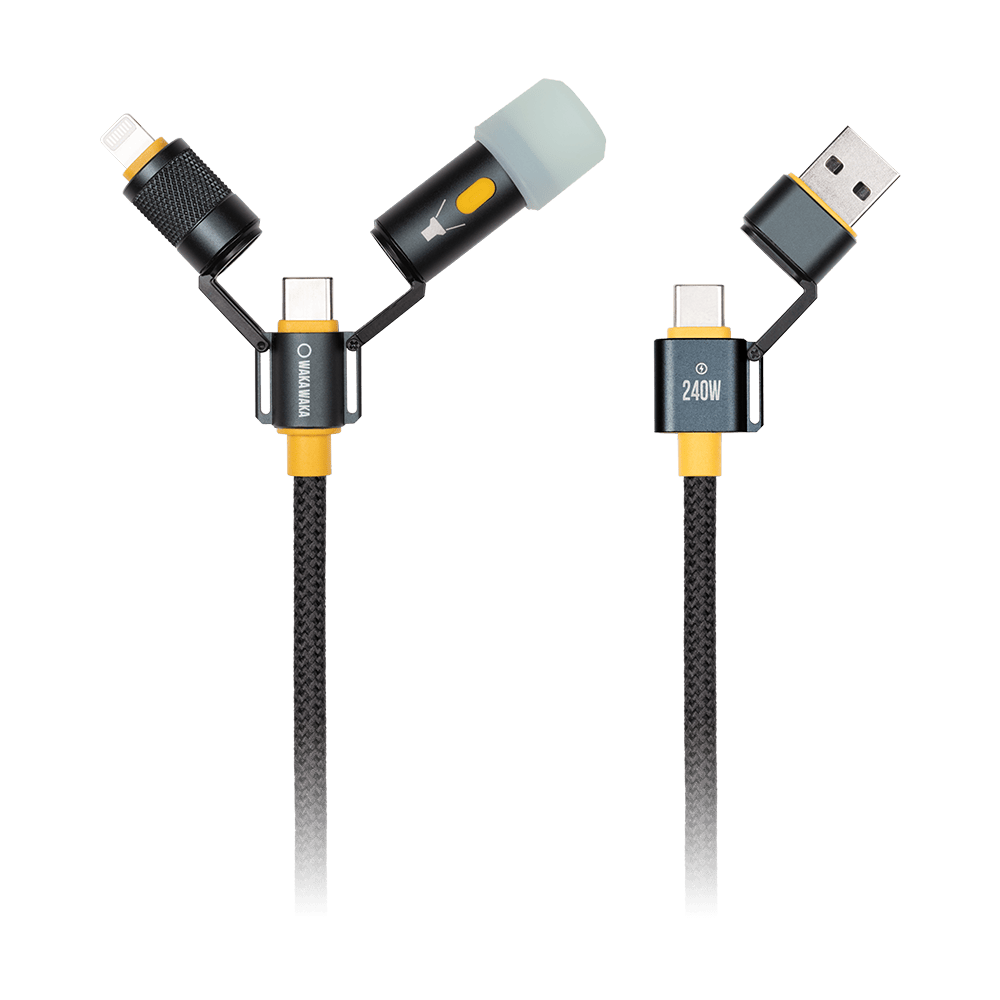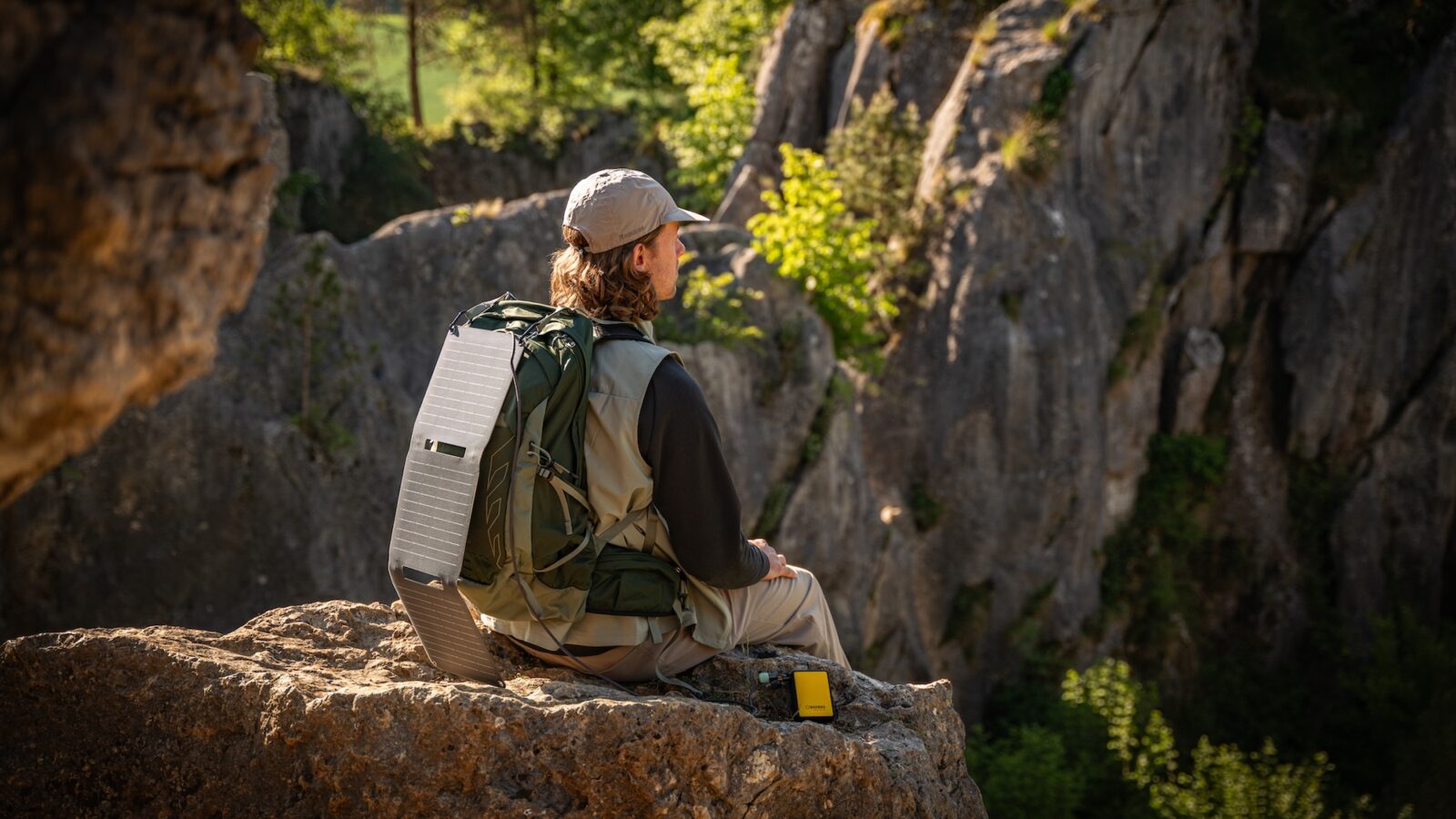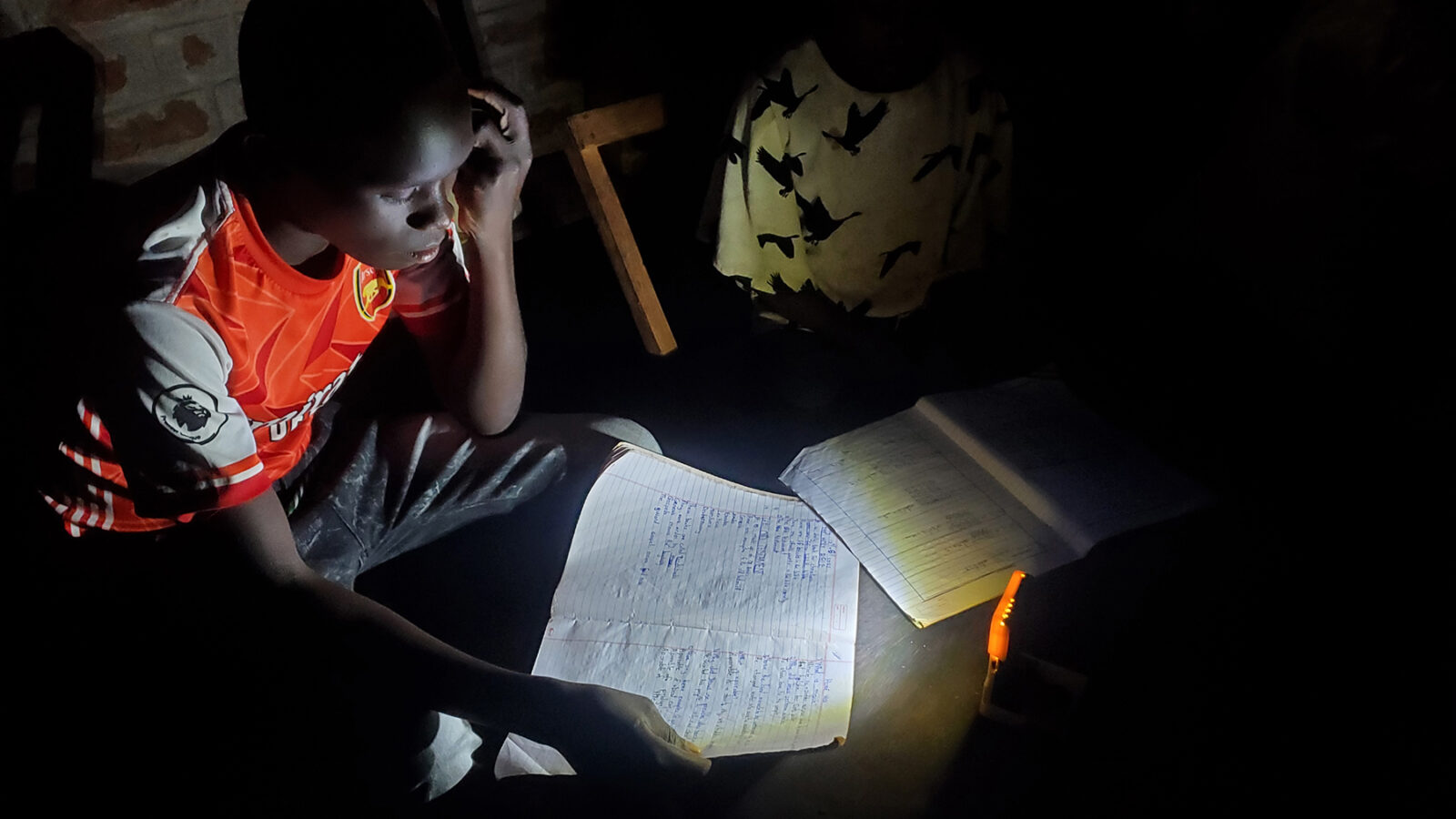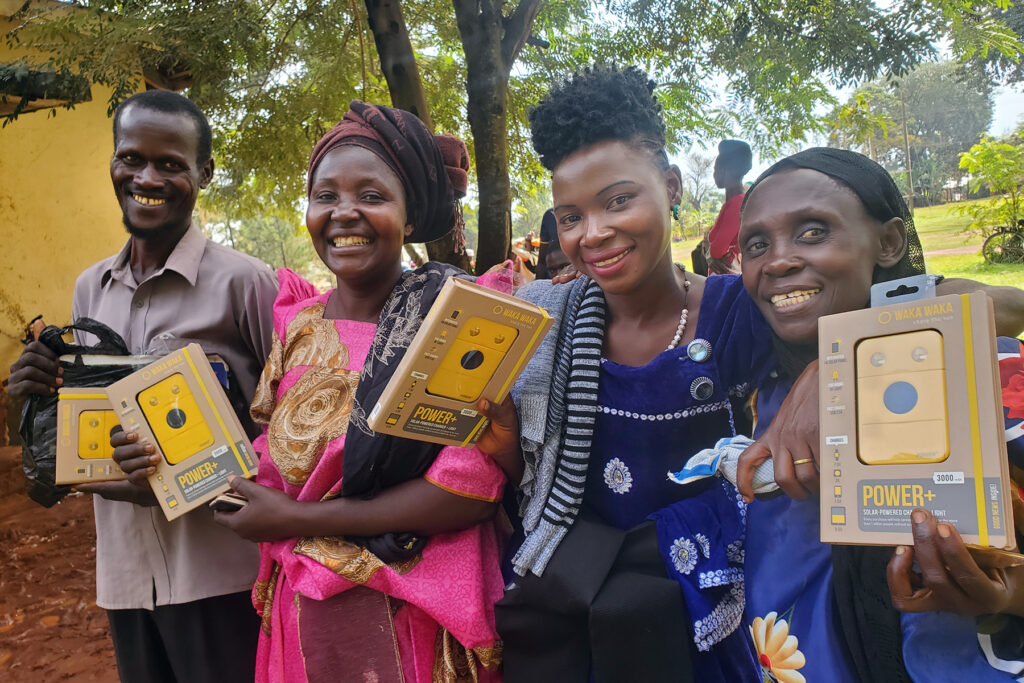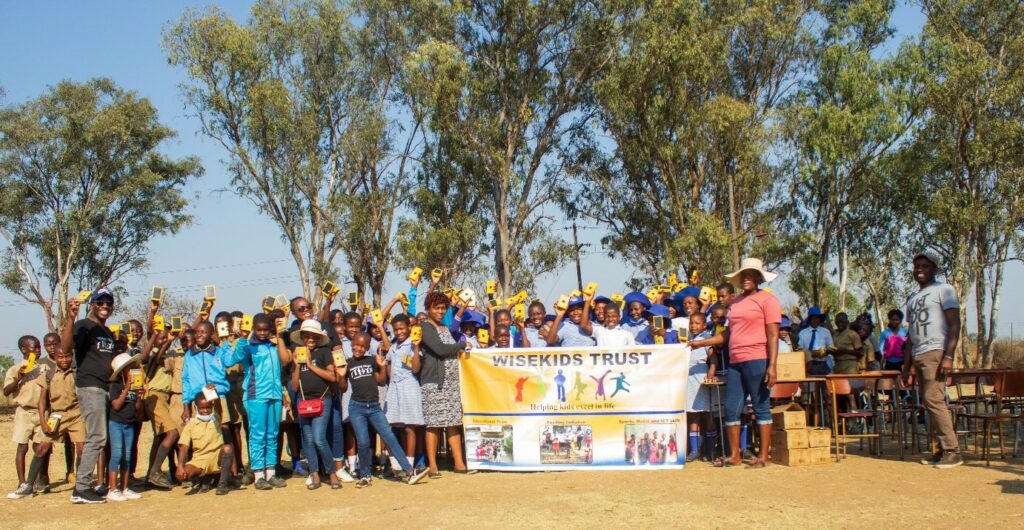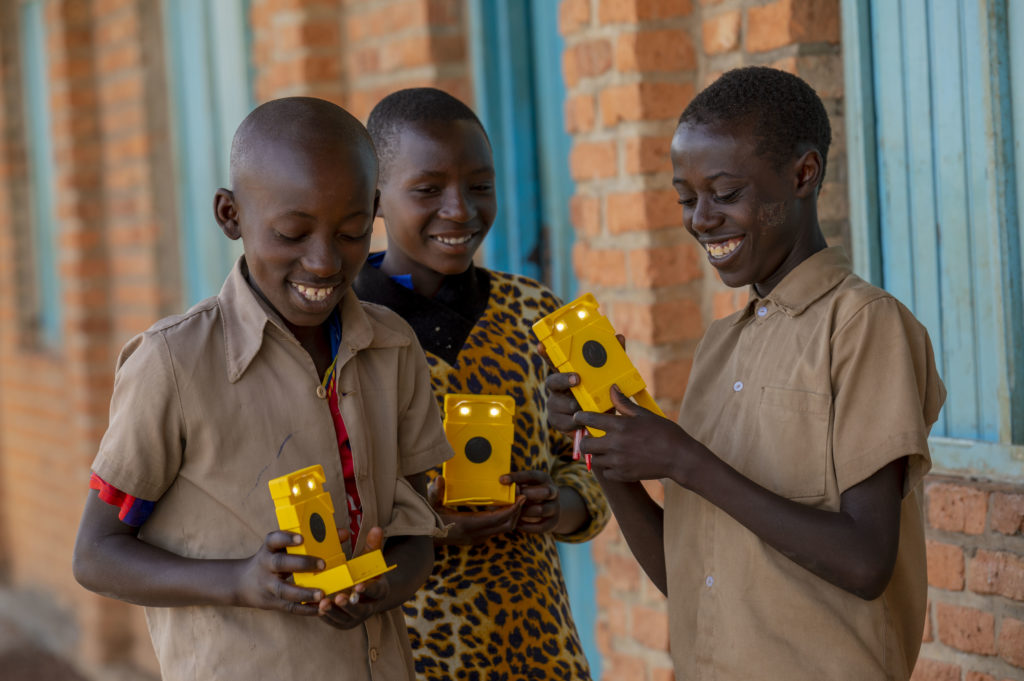Being the best we can
As a Certified B Corp we consider the impact of every product we release and try to reduce the environmental impact.
Your shopping cart
Your shopping cart is empty.
Reading time 2 minutes
Spotlight on: Free, but not for nothing
While we still have a few weeks of nice weather ahead of us, a camping trip should definitely be on your agenda. It’s the perfect moment to step away from daily routines, get some fresh air, and recharge in nature. Studies show that spending time outdoors improves both your mental and physical state, reduces stress, boosts your mood, and well, simply perks you up!
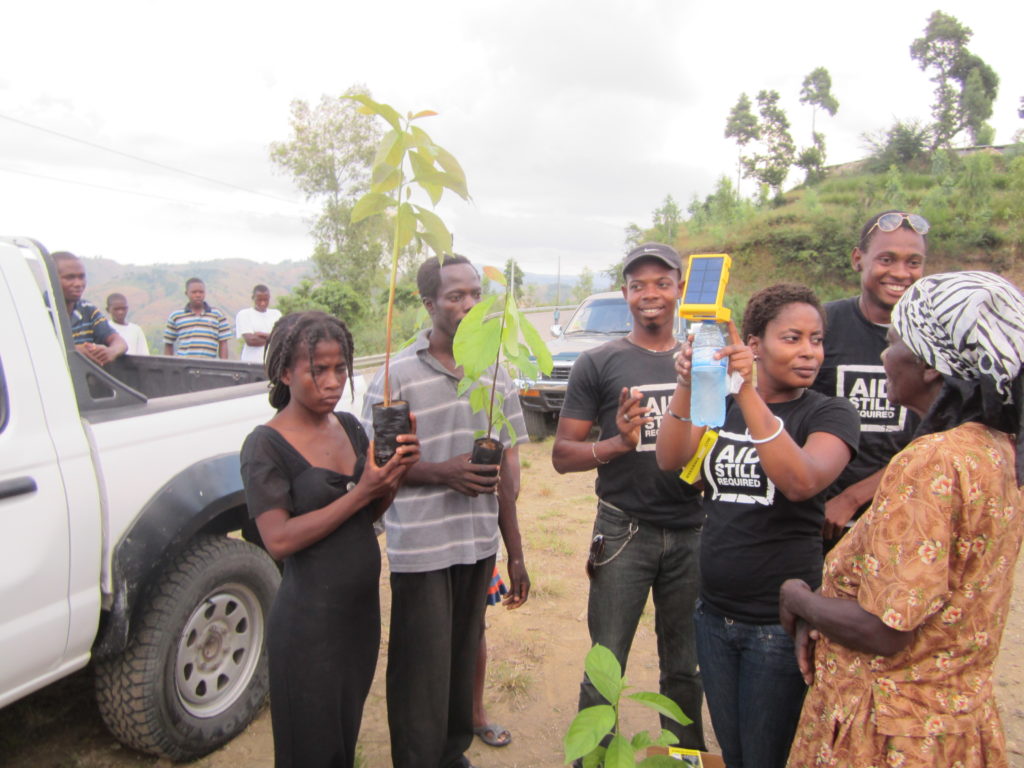
Although recipients may have very little or no money, there is always a small (symbolic) amount of money or community service that must be provided by the recipient. The ‘free, but not for nothing’ principle is important in terms of long-term development for several reasons:
- The principle establishes equal, reciprocal relations between the provider and recipient and encourages a sustainable relationship.
- The money that has to be payed or work the recipients have to do in return; adds value to the WakaWakas.
It is common experience that free products often have little value in a recipient community. Free items are often handled carelessly or sold for quick profit. We want to establish sustainable ownership over people’s personal power solutions.
Some examples of the ‘free but not for nothing’ efforts and successes are:
 Planting Trees, Haiti
Planting Trees, Haiti
CODEP is an organization that is working
on reforesting Haiti by planting forests and fruit
trees together in thirty small, rural communities.
The communities’ service in return was planting
50000 extra trees for the 1175 donated
WakaWaka Lights.
Safe Play Area, Belize
Grid Earth, our partner in Belize, assisted a village concerned about the safety of their children. A small property was acquired and cleared where the WakaWaka recipients created a secured play area. This allowed the mothers to oversee the children interchangeably.
 Symbolic Price, Mali
Symbolic Price, Mali
With the support of our Dutch partner
organization in Mali, Dogon Women’s Initiative,
Dogon women save money for the purchase of
WakaWakas. They pay an equivalent of 3.50
Euros for a WakaWaka Light to the Dogon
Women’s Initiative for the purchase of more
WakaWaka Lights. This symbolic price makes the
product more valuable for these women.
Improving Schools, Haiti
The parents of children who received WakaWaka Lights have improved their school by purchasing classroom ventilators, paving a path to the entry, connecting the building to the water supply and providing water collection products.
